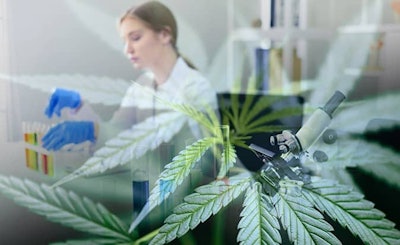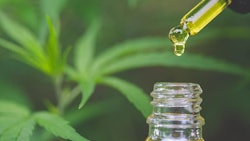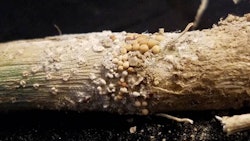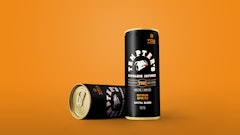
A supply chain shortage has delayed implementing new rules to test for pesticides in Colorado-manufactured industrial hemp products intended for human use or consumption.
The Colorado Department of Public Health and Environment (CDPHE) adopted new pesticide testing regulations earlier this year that it had planned to carry out in two phases. The testing for 59 pesticides included on a modified list was scheduled to start Aug. 1; testing for the full list of 106 pesticides had been scheduled to begin Oct. 1.
The staggered timeframe, which was issued in April, was “to provide industrial hemp testing facilities time to source equipment, standardize testing methods, receive CDPHE certification and maintain testing capacity,” according to the CDPHE.
But the CDPHE announced last week that the Aug. 1 implementation for the modified list is delayed until further notice, stating the postponement is due to supply chain issues for obtaining the necessary equipment and supplies to conduct testing, according to industry advocacy organization U.S. Hemp Roundtable (USHR).
The new rules—adopted by the Colorado Board of Health in February—also include testing requirements for microbials, mycotoxins, heavy metals and residual solvents used in the extraction process, which have already begun.
In addition to testing dried hemp and industrial hemp extracts for pesticides and other contaminants, Colorado now requires products that contain hemp extracts to be tested by state-approved labs. But there is only one certified hemp laboratory listed on the CDPHE website: Botanacor Laboratories in Denver.
Botanacor announced in a press release June 24 that it was the CDPHE’s first state-certified lab to test Colorado-manufactured industrial hemp products intended for human use and consumption. Its certification is effective through June 30, 2022.
In addition to the broad array of potential contaminants, industrial hemp processors, finished-product manufacturers and white label providers will need to test for tetrahydrocannabinol (THC) potency, which the Agriculture Improvement Act of 2018 (the 2018 Farm Bill) caps at 0.3% THC to be legally defined as hemp.
“These tests are central to CDPHE’s ongoing efforts to ensure product safety for Colorado hemp products that can be ingested or applied to the human body,” Botanacor stated in its release, adding that the “additional hemp testing requirements include a list of pesticides that far exceeds the 13 pesticide tests now required for marijuana products [in the state].”
USHR expressed “deep concerns” in April with Colorado imposing more stringent pesticide testing requirements on hemp than cannabis. The organization reiterated those concerns this week.
The CDPHE pesticide testing regulations hold “hemp producers and manufacturers to a higher, more onerous standard than adult-use cannabis,” USHR stated. “We will continue to press for fairer treatment for hemp.”

























